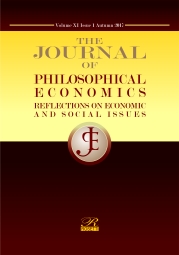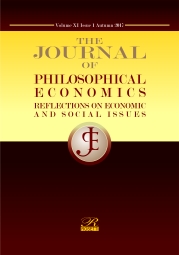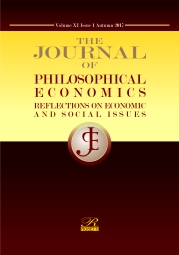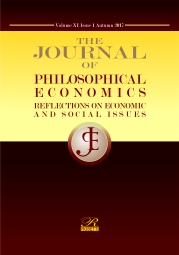
Critiques and developments in worldsystems analysis: an introduction to the special collection
From its inception, the world-systems perspective was not only enormously influential in long-term, large-scale social research; it also attracted a set of serious critiques. These fell into the general areas of the emergence of the capitalist world-economy; reductionism in the mode of argument; surplus appropriation and accumulation, including the question of class; and the general exclusion of an analysis of any role for “culture.” It is concrete developments in world-systems analysis over the past three decades, although not to the exclusion of explicit responses to critiques, that have gone a long way in addressing these concerns. They fall most notably into the areas of commodity chains, households, world-ecology, and the structures of knowledge.
More...


